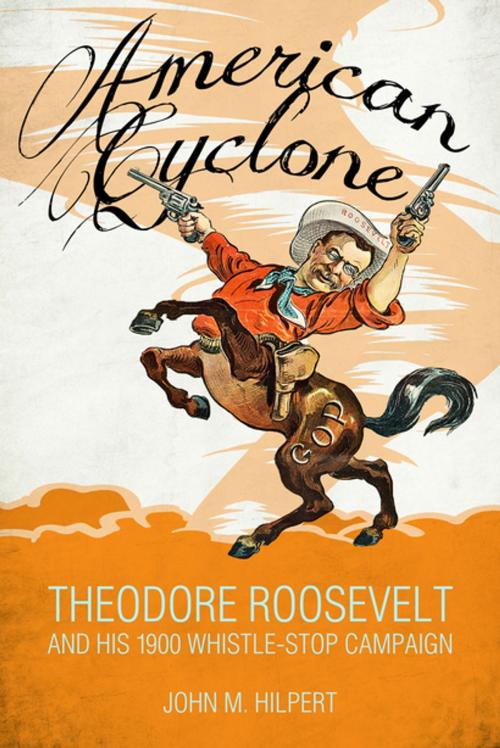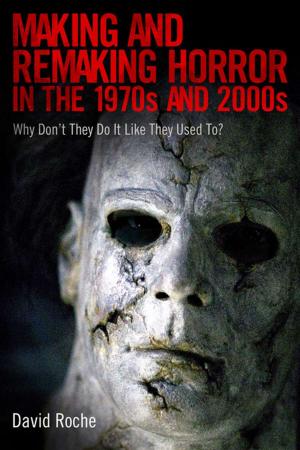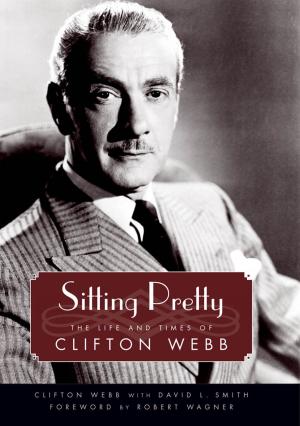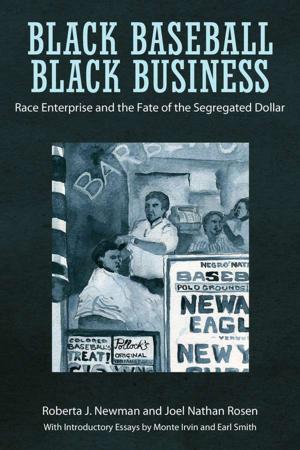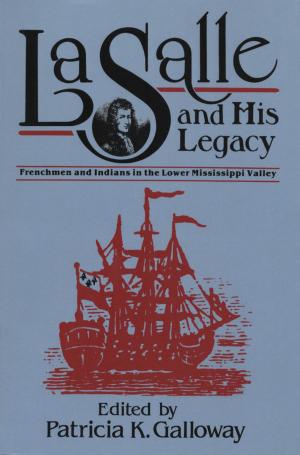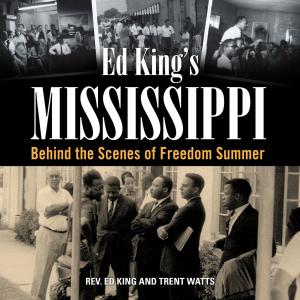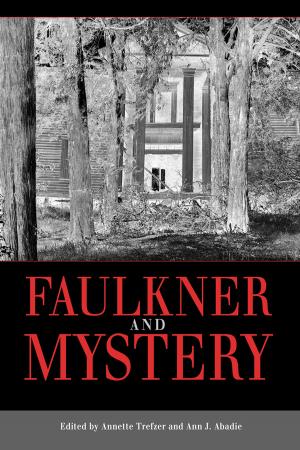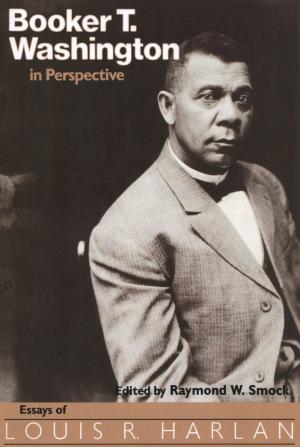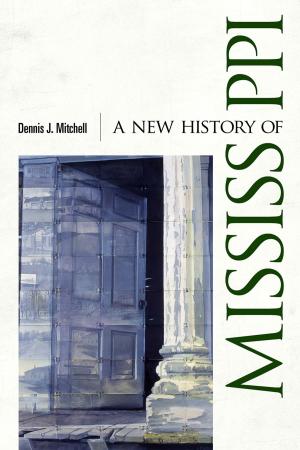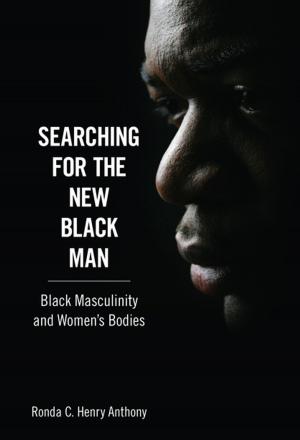American Cyclone
Theodore Roosevelt and His 1900 Whistle-Stop Campaign
Nonfiction, Social & Cultural Studies, Political Science, Government, Elections, History, Americas, United States, 20th Century, Biography & Memoir, Political| Author: | John M. Hilpert | ISBN: | 9781496803405 |
| Publisher: | University Press of Mississippi | Publication: | October 19, 2015 |
| Imprint: | University Press of Mississippi | Language: | English |
| Author: | John M. Hilpert |
| ISBN: | 9781496803405 |
| Publisher: | University Press of Mississippi |
| Publication: | October 19, 2015 |
| Imprint: | University Press of Mississippi |
| Language: | English |
When Theodore Roosevelt entered national politics as the Republicans' nominee for the vice presidency in 1900, he was only forty-one years old. However, he had caught the public's attention with the popular version of his life story. Child of East Coast privilege. Sickly, bespectacled youth. Naturalist and author. Harvard graduate. New York assemblyman. Young widower. Badlands cowboy. Civil Service reformer. Urban police commissioner. Assistant Secretary of the Navy. Rough Rider and war hero. Enemy of political bosses as governor of the nation's most important state. Attentive husband to his second wife, Edith, and the father of six children. Few candidates for the presidency or vice presidency have enjoyed the elevated level of admiration accorded Roosevelt in the waning days of the nineteenth century.
Biographers have chronicled every significant period of Roosevelt's life with one exception, and American Cyclone fills that gap. His nomination for the vice presidency was Roosevelt's debut as a candidate for national office. American Cyclone presents the story of his campaign, a whirlwind effort highlighted by an astounding whistle-stop tour of 480 communities across twenty-three states. Eighteen of those states gave a plurality of votes to the McKinley-Roosevelt ticket, a gain of five states for the Republicans over 1896.
Everywhere Roosevelt went, admiring throngs and dramatic events helped forge him into the man who would soon be the twenty-sixth president of the United States. Returning from the war, Roosevelt was familiar to millions of people across the country as a determined leader. As he interacted with crowds of hundreds, thousands, and even tens of thousands, Roosevelt felt their eagerness to see and hear him. Accordingly, for the first time, this whistle-stop campaign marks the development of the confidence and maturity that would transform Roosevelt into a national leader.
When Theodore Roosevelt entered national politics as the Republicans' nominee for the vice presidency in 1900, he was only forty-one years old. However, he had caught the public's attention with the popular version of his life story. Child of East Coast privilege. Sickly, bespectacled youth. Naturalist and author. Harvard graduate. New York assemblyman. Young widower. Badlands cowboy. Civil Service reformer. Urban police commissioner. Assistant Secretary of the Navy. Rough Rider and war hero. Enemy of political bosses as governor of the nation's most important state. Attentive husband to his second wife, Edith, and the father of six children. Few candidates for the presidency or vice presidency have enjoyed the elevated level of admiration accorded Roosevelt in the waning days of the nineteenth century.
Biographers have chronicled every significant period of Roosevelt's life with one exception, and American Cyclone fills that gap. His nomination for the vice presidency was Roosevelt's debut as a candidate for national office. American Cyclone presents the story of his campaign, a whirlwind effort highlighted by an astounding whistle-stop tour of 480 communities across twenty-three states. Eighteen of those states gave a plurality of votes to the McKinley-Roosevelt ticket, a gain of five states for the Republicans over 1896.
Everywhere Roosevelt went, admiring throngs and dramatic events helped forge him into the man who would soon be the twenty-sixth president of the United States. Returning from the war, Roosevelt was familiar to millions of people across the country as a determined leader. As he interacted with crowds of hundreds, thousands, and even tens of thousands, Roosevelt felt their eagerness to see and hear him. Accordingly, for the first time, this whistle-stop campaign marks the development of the confidence and maturity that would transform Roosevelt into a national leader.
